Causes of First World War
In 1914, a war began in Europe which soon engulfed almost the entire world. The damage caused by this war had no precedent in history.
- It was a total war in which all the resources of the warring states were mobilized.
- It affected the economy of the entire world
- The battles of the war were fought in Europe, Asia, Africa and the Pacific.
- Casualties suffered by the civilian population from bombing & the famines and epidemics, caused by the war far exceeded those suffered by the armies.
- Because of the unprecedented extent of its spread and its total nature, it is known as the First World War.
Reasons for First World War
Imperialistic aspirations & Rivalries
The underlying causes of the war were the rivalries & conflicts among the imperialist countries. The imperialist conquest of Asia and Africa was accompanied with conflicts between the imperialist countries.
- Sometimes the imperialists were able to come to ‘peaceful settlements’ and agree to divide a part of Asia or Africa among themselves without resorting to the use of force against each other.
- At other times their rivalries created situations of war.
- Wars were generally avoided at that time because the possibilities of further conquest were still there.
- If an imperialist country was excluded from a certain area, it could find some other area to conquer.
- Sometimes wars did break out between imperialist countries as happened, for instance, between Japan and Russia.
By the end of the nineteenth century, however, situation had changed. Most of Asia and Africa had already been divided up and further conquests could take place only by dispossessing some imperialist country of its colonies. So, in the period beginning from the last decade of the nineteenth century, imperialist rivalries resulted in attempts to re-divide the world, creating conditions of war.
Rise of Germany
- After the unification of Germany had been achieved, it made tremendous economic progress.
- By 1914, it had left Britain and France far behind in the production of iron & steel.
- It had entered the shipping trade in a big way. One of its ships, the Imperator, built in 1912, was the largest in the world.
- Both Britain and France were alarmed at the expansion of German manufactures as they considered it a serious threat to their position.
- Germany could not grab many colonies, having arrived late on the scene.
- Most of Asia and Africa had already been occupied by the older imperialist powers.
- The German imperialists, therefore, dreamed of expanding in the east.
- Their ambition was to control the economy of the declining Ottoman Empire.
- For this purpose, they planned the construction of a railway from Berlin to Baghdad.
- This plan created a fear in Britain, France and Russia as the completion of the Berlin-Baghdad railway would endanger their imperialist ambitions in the Ottoman Empire.
- Like Germany, all the major powers in Europe, and Japan also had their imperialist ambitions.
- Britain was involved in a conflict with all other imperialist countries because she had already acquired a vast empire which was to be defended. The rise of any other country was considered a danger to the British empire.
Conflicts within Europe
- There were six major powers in Europe at this time – Britain, Germany, Austria-Hungary, Russia, France and Italy.
- One of the questions with which almost all these countries got involved, concerned the countries comprising Balkan Peninsula in Europe.
- The Balkan countries had been under the rule of Ottoman Turks.
- However, in 19th century, the Ottoman rule had begun to collapse.
- There were revolts by various nationalities for independence.
- The Russian Czars hoped that these areas would come under their control once the Ottomans were ousted from there.
- They encouraged a movement called the Pan-Slav movement which was based on the theory that all the Slavs of Eastern Europe were one people.
- Many areas in Austria-Hungary were inhabited by the Slavs
- Russia, therefore, encouraged movements both against the Ottoman Empire and Austria-Hungary.
- The major Balkan country, Serbia, led the movement for uniting the areas inhabited by the Slavs in the Ottoman empire as well as in Austria-Hungary.
- Other major European powers were alarmed at the growth of Russian influence in the Balkans; they wanted to check the Russian influence, while Austria Hungary had plans of expansion in this area.
- Corresponding to the Pan-Slav movement, there was a Pan German movement which aimed at the expansion of Germany all over central Europe and in the Balkans.
- France hoped to recover not only Alsace Lorraine which she had lost to Germany in 1871 but also to wreak vengeance on Germany for the humiliating defeat that she had suffered in the war with Germany in 1870-71.
Serbian Nationalism
- The Serbs wanted to integrate the Balkan areas populated with Slavs into a single Yugoslavia.
- Such a Yugoslavia would have required secession of certain areas from the German empire which had people from different ethnic groups including Slavs.
- Once the Slavs had been integrated into Yugoslavia, other groups would have also demanded secession. Thus, the idea of Yugoslavia threatened the integrity of German empire.
Europe had divided itself into two alliances
- The Triple Alliance had Germany, Austria-Hungary and Italy while the Triple Entente had Britain, France and Russia.
- But these were not very rigid alliances. In fact, Italy fought on the side of Britain and France in the World War I.
- The World War I was fought between the Central Powers (Germany, Austria-Hungary, Ottoman Empire and Bulgaria) and the Allied Powers (Italy, Britain, France, Russia and US).
Incidents Preceding the War
1904 France & Germany Rivalry
- In 1904 Britain & France had entered into a secret agreement according to which Britain was to have a free hand in Egypt, and France was to take over Morocco.
- The agreement became known to Germany and aroused her indignation.
- German emperor went to Morocco and promised the Sultan of Morocco his full support for the independence of Morocco.
- The antagonism over Morocco, it appeared, would lead to a war. However, the war was averted when in 1911 France occupied most of Morocco and, in exchange, gave Germany a part of French Congo.
- Even though the war had been averted, the situation in Europe, with each country preparing for war, had become dangerous.
Britain-Russia Agreement of 1907
- It ended their disputes in Asia.
- Afghanistan and Tibet were recognized as British spheres of influence.
- Iran was divided into three zones with the North recognized as Russian zone, the central area as a buffer and the South as British zone.
Bosnia Crisis (1908)
- Austria annexed the Ottoman provinces of Bosnia which had significant population of Slavs
- Serbia also longed for Bosnia as an integral part of future Yugoslavia, thus increasing the enmity between the two.
- Russia threatened to start a war against Austrian annexation but Germany’s open support to Austria compelled Russia to retreat.
- The incident, however, not only embittered feelings in Serbia but also created further enmity between Russia & Germany. The situation in Europe became even tenser.
Balkan wars
- The crisis resulting from the annexation of Bosnia by Austria was followed by Balkan wars in 1912, four Balkan countries – Serbia, Bulgaria, Montenegro and Greece —started a war against the Turks.
- As a result of this war, Turkey lost almost all her possessions in Europe.
- However, the Balkan countries fought another war over the question of distributing former Turkish territory among themselves.
- Finally, Austria succeeded in making Albania, which had been claimed by Serbia, as an independent state.
- The frustration of Serbia’s ambitions further embittered her feelings against Austria.
- These incidents brought Europe on the verge of war.
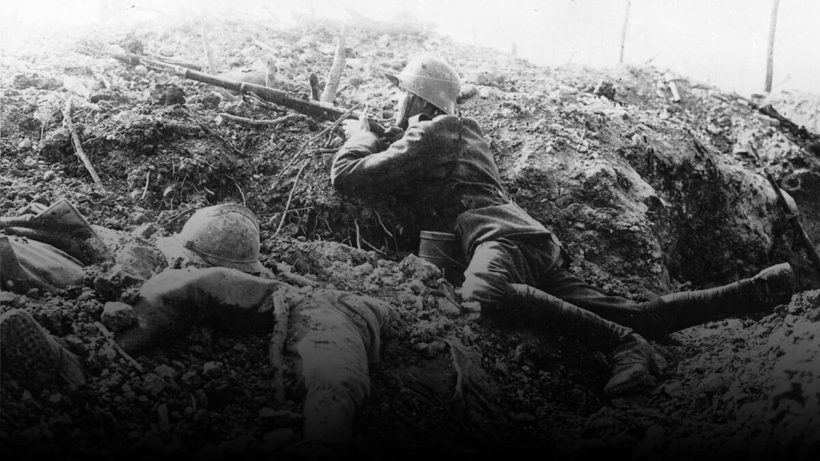





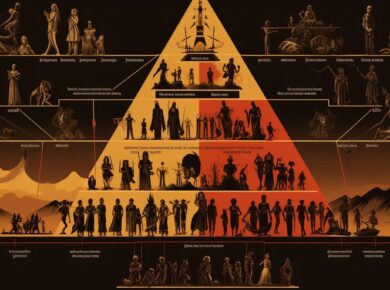
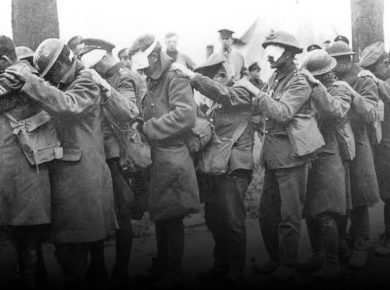
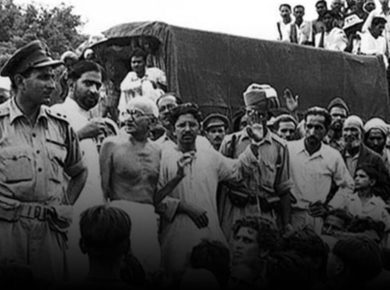

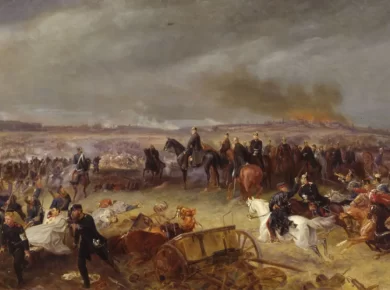
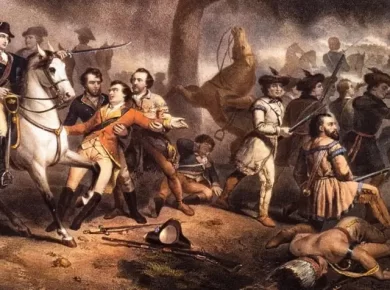
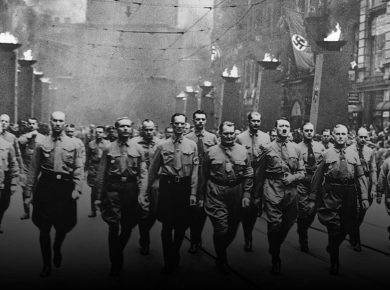
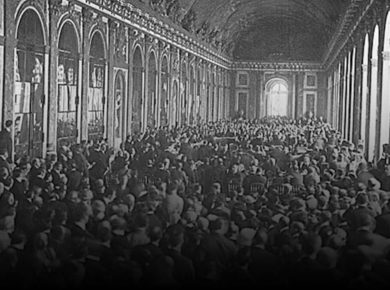
3 comments
thankyou very much to share the knowledge.
It is good material but incomplete
Kindly send me Complete article about world war